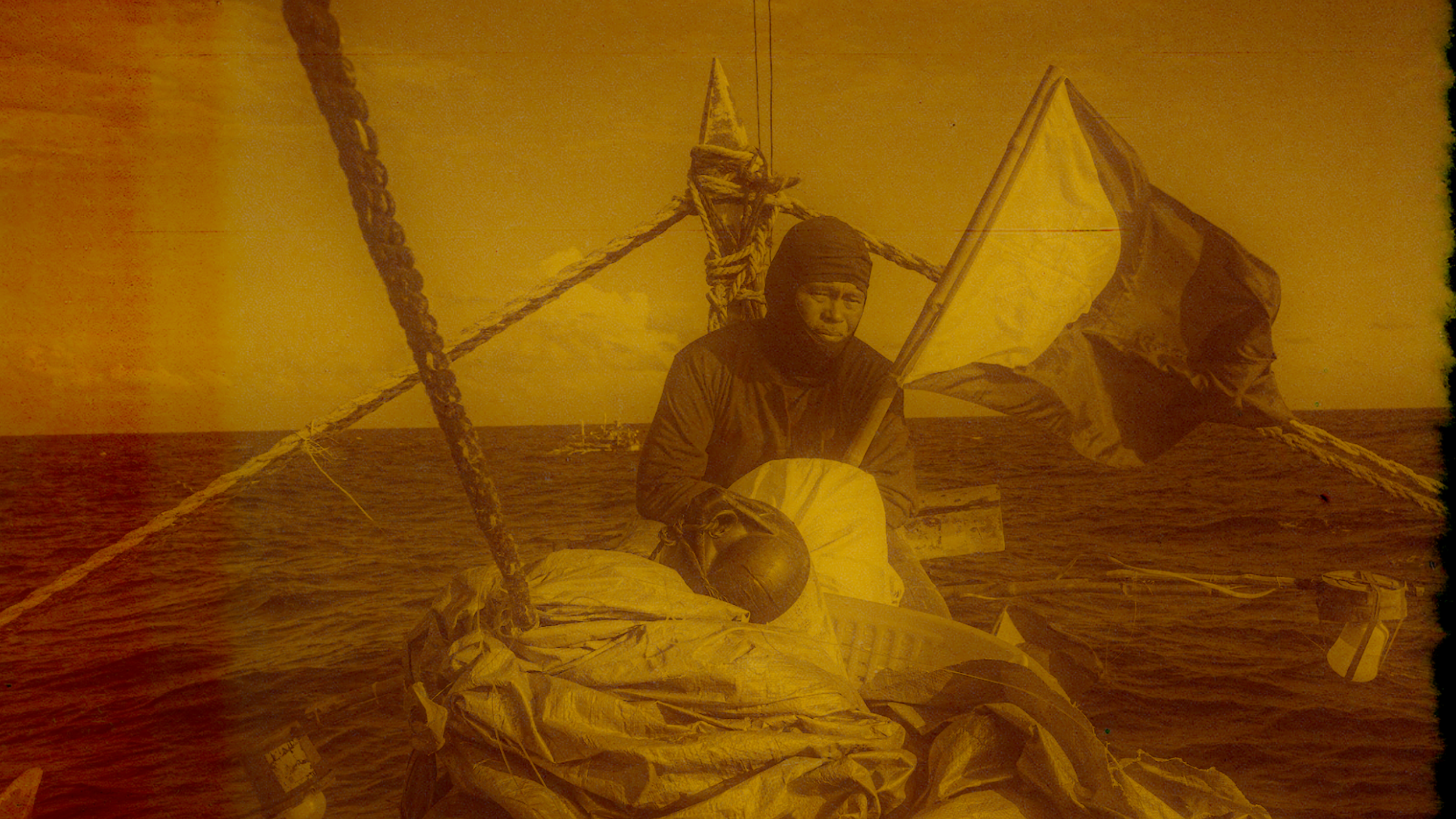‘Pwede G, Pwede B’ REVIEW: Deconstructing the Late Sexual Awakening of a Machismo
‘Pwede G, Pwede B’ REVIEW: Deconstructing the Late Sexual Awakening of a Machismo
Gio Gahol as Basil and Julian Roxas as Theo | Still from Pwede G, Pwede B
There is a particular scene where Lily (Elora Españo) confronted Basil (Gio Gahol) for breaking her heart after suddenly ghosting her from their last hook-up after making promises to make her happy, and suddenly she cursed him, saying, “Sinusumpa ko na sana maranasan mo rin ang mga naranasan naming mga babae na pinaglalaruan mo lang!” (I curse you with the same pain you’ve inflicted on me). “At sana main-love ka sa lalaki para maranasan mo ang paghihirap naming mga babae!” (May you fall in love with a man who will make you suffer like we have). Lily challenges Basil to put himself in the shoes of someone like her and countless other women and to consider what it feels like to be hurt by another man.
An imposition of empathy through forced identification, which will eventually cause Basil to question his very conception of identity. The film takes this whole route within a familiar setting of “falling in love with your best friend trope”, but moves beyond romantic comedy conventions by problematizing this further by incorporating deeply rooted social issues of machismo in repressed sexual identity, and intersecting it with late-in-life sexual awakening.
In Ivan Andrew Payawal’s Pwede G, Pwede B, Basil’s life turns upside down when he suddenly experiences inexplicable romantic and sexual feelings towards men, and to make it worse, he falls in love with his straight, later bisexual, best friend, Theo (Julian Roxas). Basil is overwhelmed as he grapples with the struggles of coming to terms with his newfound identity. He frames gay sexuality as a curse, reflecting his suppressed sexuality and internal stigmatization towards it. He sees it as a threat, as he has a reluctance to openly explore and confront it. For him, whose identity has been tightly tethered to the performative nature of masculinity, this late awakening is a crisis.
Basil had to realize that it was his heart that made him act this way. His falling in love with his best friend was the real tragedy, the pain of unrequited love, as Lily and countless other women would equate to the same feeling women experience when getting heartbroken. He can finally experience what it’s like to be hurt. Lily’s supposed curse forces Basil into a position where he must feel rejection and intimacy, which he has always distanced himself from in his casual hookups.
Elora Españo as Lily | Film still from Pwede G, Pwede B
The overwhelming experience of Basil accepting his newfound identity reflects a machismo upbringing. Considering he is a notorious fuckboy and womanizer before the tragedy, this highlights his character as someone who favors and enjoys the privilege of being a man in a patriarchal society. Machismo manifests itself in his behavior of womanizing as a form of traditional gender role and seeing homosexuality as a threat to masculinity, or internalized homophobia. He maintains this idea of masculinity by ghosting women, treating relationships as disposable. That lifestyle suppresses his sexual awakening, as he was too consumed by that ideal. For him, it’s not only about a shift in sexual preference, but also about a perceived loss of power and of things he has taken for granted as a formerly straight man benefiting from patriarchal norms. This reflects a deeply internalized stigma around homosexuality in hypermasculine contexts. Basil is a product of his environment.
However, this late sexual awakening of Basil could also be attributed to the stigma he surrounds himself with, such as when Theo also has a crush on Basil, yet doesn’t act on it. This leaves both of them isolated and struggling to engage in conversations about their internal conflicts. Their relationship, filled with missed connections, reveals the quiet tragedies that emerge when individuals are denied the safe space to explore their identities. Basil is mature for not asking for reciprocation of his feelings for Theo, as he is still discovering his true self. This puts an empathetic lens on Basil, who still hasn’t found a supportive community besides Lily to talk about his feelings and identity, as he can be seen lost and confused in the ending until Lily joins him in the club, making her his safe space.
Ultimately, Basil learns to respect women and their feelings, as well as what it’s like to live life every day, being made to feel inferior. His self-discovery of his sexuality also makes him realize his privilege as a man. For the first time, he reckons with what it means to be vulnerable and marginalized.
Pwede G, Pwede B is available to stream on VMX!



















